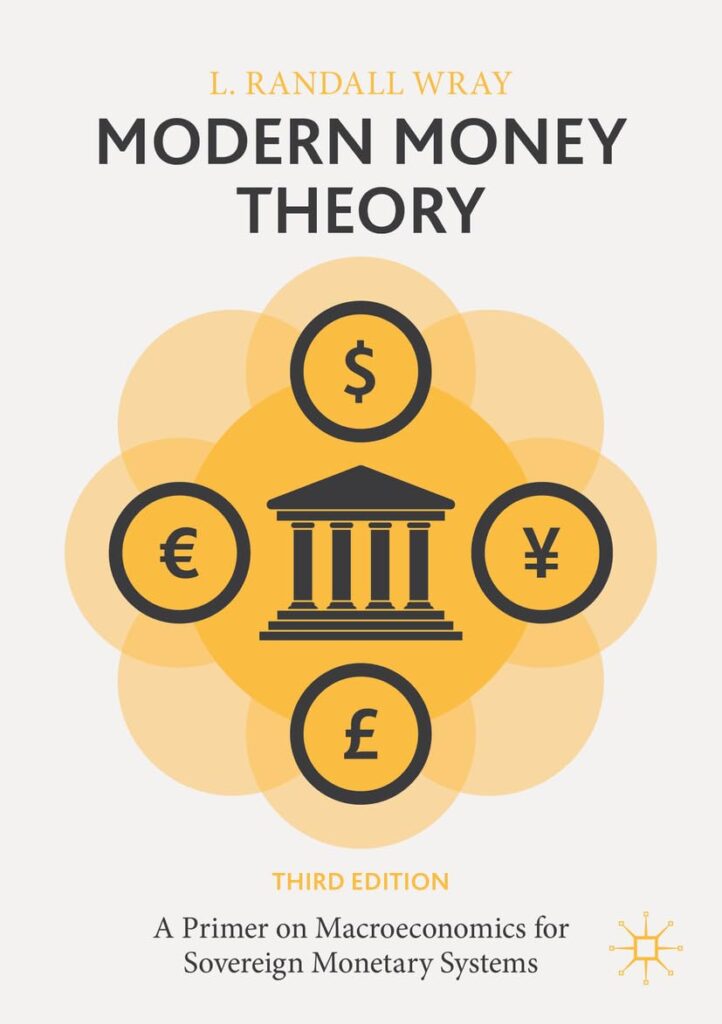L. Randall Wray’s Modern Money Primer was the precursor to his book Modern Money Theory: A Primer on Macroeconomics for Sovereign Monetary Systems, which is due out with a new revised edition in 2024. It remains one of the best ways to learn the basics of what we now call MMT. We have republished each blog post and Randy’s responses to readers’ comments here in hopes that many more people will benefit from learning in this format.
Originally published in 2011/12 on the New Economic Perspectives blog.
The posts from the MMT Primer series have been collected and organized into Randy’s latest book, Modern Money Theory. It makes for a much more coherent read and is highly recommended for anyone seriously interested in the MMT perspective. (Available from Amazon.com)
These primer posts have also been translated into Italian by our friends at RETE MMT. This link will take you to a post that contains links to the Italian versions of the posts.
Each Monday we will post a relatively short piece, gradually building toward a comprehensive theory of the way that money “works” in sovereign countries. We will then collect comments through Wednesday night, and will post a response to the comments on Thursday. The comments should be directly related to that week’s blog. Since we are trying to develop an understanding of Modern Monetary Theory (MMT), we especially encourage commentators to let us know where we have been unclear. Since we will be presenting the Primer over the course of the coming year, we will sometimes have to beg for patience—obviously we cannot present the entire theory all at once.
These blogs begin with the basics; no previous knowledge of MMT—or even of economics—is required. The blogs are sequential; each subsequent blog builds on previous blogs. The blogs will be at the level of theory, with only limited reference to specific cases, histories, and policies. That is intentional. A Primer should provide a general overview that can be adapted to specific national situations. The regular pages of NEP will continue to discuss current real world policy issues. The Primer will remain on a different plane.


